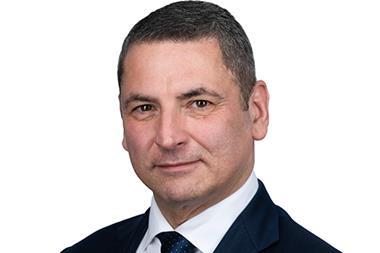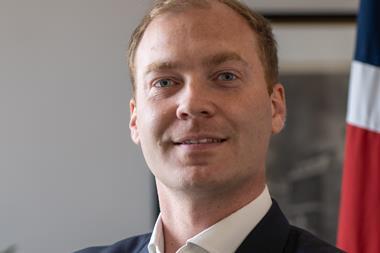Swedish state pensions buffer fund AP4 and workplace pension provider AMF have announced they are firing the chief executive of their jointly owned property company Rikshem and putting a new executive board in place.
The decision comes after a report commissioned by the company confirmed there had been “anomalies” over matters including travel and accommodation, as well as conflicts of interest.
The two major pension investors also said in a statement that, following a meeting yesterday, they had agreed to continue to be joint owners of the Rikshem.
Rikshem owns properties across Sweden with a total market value of around SEK32bn (€3.4bn), and has about 177 employees.
AMF and AP4 said: “It has been agreed to continue to jointly own and develop Rikshem.”
They said they had started a process to remove Rikshem’s chief executive Jan-Erik Höjvall.
“Jan-Erik Höjvall [is to] leave at the latest at the annual general meeting on 11 March, when a new board will also be appointed,” they said.
The announcement follows months of reports in the Swedish media about the property company’s leadership, which is of particular public concern given that it is controlled by a government-owned investor on the one side and a labour-market-owned investor on the other.
The report carried out by auditors KPMG also concerned Rikshem’s former deputy chief executive Ilija Batljan.
Batljan was fired in December, having made large real estate business deals in his own company without telling the Rikshem board, Rikshem said at the time.
Rikshem and AP4 said last month that the anomalies that had emerged from the independent review concerned entertainment, travel and the existence of conflicts of interest, and that these were serious.
Peder Hasslev, AMF’s deputy chief executive, told IPE Real Estate: “There is nothing illegal in the report, it is just a question of whether the (supervisory) board has confidence in the chief executive or not.”
Hasslev said the problems that had arisen had concerned the top management of the company and were not about practices within the broader company.
He said the decision about Rikshem’s leadership and the agreement that the two pension investors would carry on as joint owners of the company was a positive one.
“We had different opinions about the chief executive before, and now we don’t have that, which means we can continue to own it together, which is extremely good for all of us and particularly good for Rikshem,” he said.
“Rikshem can now have time to focus on its own business and not be sidetracked by articles in the Swedish press.”












